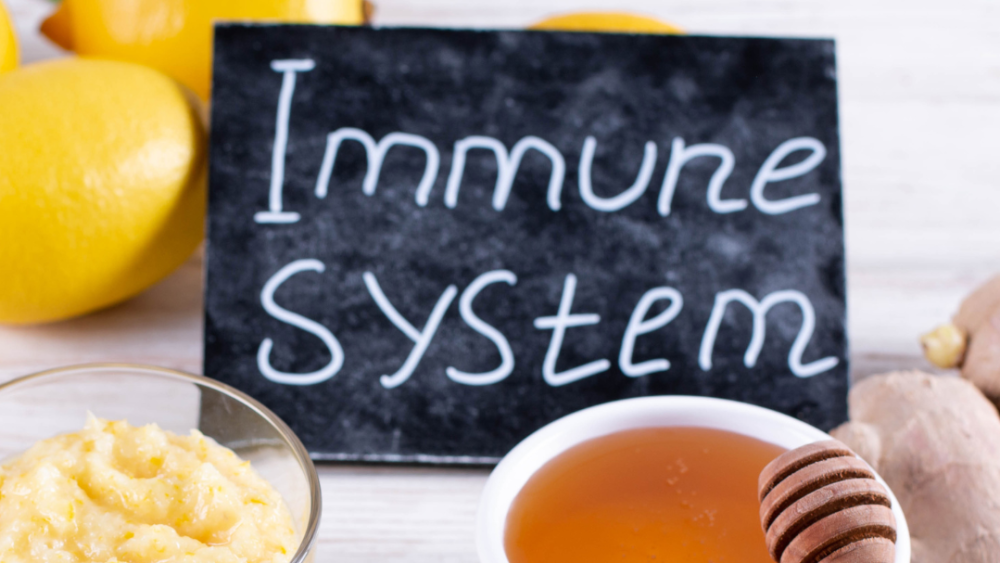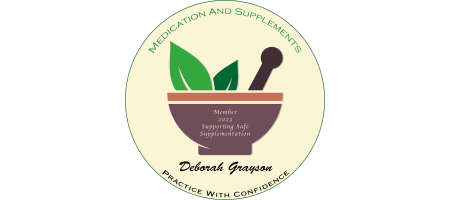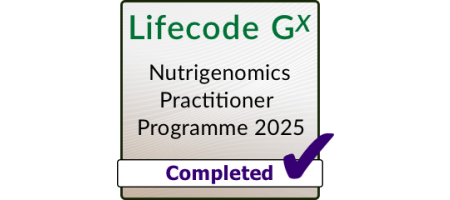Understanding Immune Senescence: The Aging of Our Body's Defenders

posted 19th February 2024
As we age, our bodies undergo a myriad of changes, and one of the most significant transformations occurs within our immune system.
Immune senescence, or the aging of the immune system, is a complex phenomenon that affects how our bodies defend against pathogens, and even recognize cancerous cells.
In this article, we delve into the intricacies of immune senescence, its implications for health, and potential avenues for intervention.
The Basics of Immune Senescence
Our immune system is comprised of a vast network of cells, tissues, and organs working together to protect the body from harmful invaders.
Key players include white blood cells like T cells, B cells, and natural killer cells, as well as organs like the thymus and bone marrow.
As we age, the efficiency and effectiveness of this intricate defines system begin to decline—a process known as immune senescence.
However, this is also linked to the levels of inflammation in the body, meaning that your immune defences might start to decline at any age if you are dealing with chronic inflammation due to long-term infections, and poor diet/lifestyle/environment choices/factors.
Key examples of things that can accelerate immunological ageing include:
- recurrent or long-term infections
- high calorie diet deficient in nutrients and antioxidants
- sedentary lifestyle
- smoking
- alcohol consumption
- exposure to environmental factors
- stress
Causes and Contributors
Several factors contribute to immune senescence, including:
1. Thymic Involution: The thymus, a crucial organ for T cell maturation, undergoes involution or shrinkage with age, leading to a reduced output of naïve T cells.
2. Changes in Cell Composition: There is a shift in the composition of immune cells, with a decline in naïve T cells and an increase in memory T cells. This altered balance affects the body's ability to mount a robust response to new pathogens.
3. Inflammation: Chronic low-grade inflammation, often referred to as inflammaging, is a hallmark of aging and can disrupt immune function, leading to impaired responses to infections.
4. Telomere Shortening: Telomeres, protective caps at the end of chromosomes, shorten with each cell division. As immune cells replicate over time, their telomeres shorten, leading to cellular senescence and reduced immune function.
Implications for Health
Immune senescence has significant implications for health and disease susceptibility in older adults, and not only:
1. Increased Susceptibility to Infections: Older adults are more vulnerable to infections such as influenza, pneumonia, and urinary tract infections due to weakened immune responses.
2. Impaired Cancer Surveillance: The immune system plays a crucial role in recognizing and eliminating cancerous cells. However, immune senescence can compromise this surveillance mechanism, contributing to higher cancer incidence in older individuals and individuals with low grade chronic inflammation.
Interventions and Future Directions
While immune senescence is a natural part of aging, research is ongoing to identify strategies to mitigate its effects and promote healthy aging:
1. Lifestyle Interventions: Healthy lifestyle choices, including regular exercise, a balanced diet, adequate and good quality sleep, and stress management, can help support immune function and reduce inflammation.
2. Addressing the root cause of chronic inflammation: Working with a registered nutritional therapist can help identify and reverse the root causes of your chronic inflammation, including achieving/maintaining a healthy weight, reducing your viral load, healing your gut and much more (get in touch today if you need help, link at the bottom of the page, before the reference list).
3. Prioritising sleep: Sleep deprivation has a detrimental impact on your immunity, and overall health. Poor sleeping habits can impact your immune resilience and can accelerate immune ageing.
A good sleep hygiene includes:
- going to sleep before 10pm,
- no screen time at least 1 hour before sleep
- eat your dinner at least 3 hours before sleep
- reduce water/liquid intake in the evening to reduce sleep disturbances
- use blackout curtains
- lower room temperature to 18 degrees Celsius
If you are interested in learning more about sleep and it's deep effect on overall health, I highly recommend you to read Matthew Walker's "Why we sleep" book (Find more info here). His book is absolutely fascinating and it will completely change the way you look at sleep!
Conclusion:
Immune senescence is a multifaceted process that significantly impacts health and susceptibility to diseases as we age.
While we cannot halt the aging process, we can undoubtedly slow it down by understanding the mechanisms underlying immune senescence and developing interventions to modulate its effects represent promising avenues for promoting healthy aging and improving the quality of your life.
Transform your health, book a FREE 30 minute Health Review today!!
References:
1. Goronzy, Jörg J., and Cornelia M. Weyand. "Understanding immunosenescence to improve responses to vaccines." Nature Immunology 14, no. 5 (2013): 428-436.
2. Pawelec, Graham. "Hallmarks of human 'immunosenescence': adaptation or dysregulation?" Immunology and aging 7, no. 1 (2010): 15.
3. Nikolich-Žugich, Janko. "The twilight of immunity: emerging concepts in aging of the immune system." Nature Immunology 19, no. 1 (2018): 10-19.
4. Franceschi, Claudio, and Paolo Garagnani. "Paradoxical features of 'immunosenescence'." Ageing research reviews 12, no. 2 (2013): 483-491.
5. Aiello, Allison E., Emanuela Frasca, and Janko Nikolich-Žugich. "Immunosenescence and its hallmarks: how to oppose aging strategically? A review of potential options for therapeutic intervention." Frontiers in Immunology 11 (2020): 572106.
6. Fülöp, Tamàs, Graham Pawelec, Anis Larbi, Tamas Fust, Eva Padovan, and Jacques D. Robert. "Immunosenescence and cancer." Critical reviews in oncology/hematology 67, no. 1 (2008): 64-74.
7. Nikolich-Žugich, Janko. "The twilight of immunity: emerging concepts in aging of the immune system." Nature Immunology 19, no. 1 (2018): 10-19.
8. Nikolich-Žugich, Janko, and David J. Goodrum. "Age-dependent development of naïve T cell pools and bone marrow B cell precursors." Frontiers in immunology 3 (2012): 421.
9. Pawelec, Graham, and Efstathios S. Gonos. "Immunosenescence: impact in the young as well as the old?" Mechanisms of ageing and development 134, no. 3-4 (2013): 79-84.
10. Vescovini, Rosanna, Paolo Telera, Elisabetta Fagnoni, Lazzaro Colonna-Romano, Rita Mariani, Mauro Zanetti, Andrea Cossarizza, Daniela Franceschi, and Claudio Franceschi. "Different contribution of EBV and CMV infections in very long-term carriers to age-related alterations of CD8+ T cells." Experimental gerontology 38, no. 11-12 (2003): 1231-1243.













